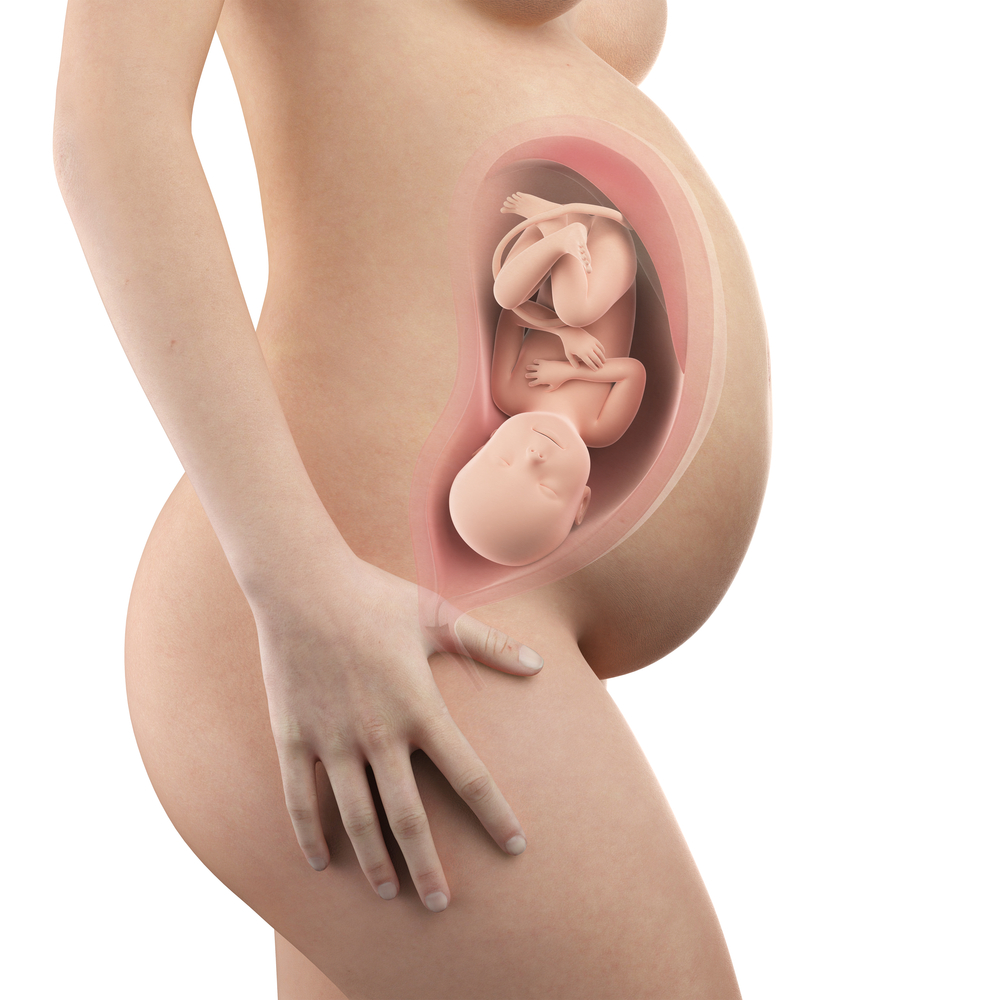Contents:
- Medical Video: 41 Weeks Pregnant | What To Expect
- Embryo growth
- Changes in the Body
- What are the changes in the body of a pregnant woman at week 41?
- Visit to Doctor / Midwife
- What do I need to discuss with the doctor on week 41?
Medical Video: 41 Weeks Pregnant | What To Expect
Embryo growth
How is the development of the fetus 41 weeks pregnant?
Entering the fetal development for 41 weeks of pregnancy, the size of your baby is now as big as a jackfruit with a length of more than 50 cm and weighing 3.6 kg.
No matter how comfortable your pregnancy is, your baby cannot continue to be inside you forever. Most doctors will not let you wait more than two weeks for the estimated time of birth because it will increase the risk of complications for you and your baby.
Babies born at the 42nd week and more will have dry, wrinkled skin; long nails; thick hair; and less sebum around the body. Babies will lack nutrition and thin subcutaneous fat.
Changes in the Body
What are the changes in the body of a pregnant woman at week 41?
It's hard not to worry when the estimated date of delivery comes and passes but you are still pregnant big (especially when family and friends keep on contacting to ensure your status!).
But don't be discouraged - you can't be pregnant forever. There is good news, you will give birth in these weeks, and if not, you will be forced at week 42, or earlier if you and your baby have a problem.
Maintain a pregnancy that runs 41 weeks
About 5 to 6 percent of women experience a pregnancy that continues for up to three weeks or more than the estimated delivery time.
Through the development of the fetus 41 weeks of gestation, babies will begin to have dry skin like paper and are generally overweight. Waiting for that long can also increase the risk of infection in the uterus which can be dangerous for your baby and even increase the risk of stillbirth.
Visit to Doctor / Midwife
What do I need to discuss with the doctor on week 41?
The doctor will tell you about injections to stimulate labor if your baby is not born the following week, or if there is a problem.
Most doctors will not let you wait more than two weeks past the prescribed delivery time because it will increase the risk of complications for you and your baby.
Tests that may be needed at 41 weeks' gestation
The method your doctor uses to stimulate labor depends on the condition of your cervix. If your cervix has not started to thin or open, then you are not considered ready for delivery.
If this happens, the doctor will use hormones or mechanical methods to ripen your cervix before induction. Depending on your situation, this procedure can include opening or tearing the membrane, or using drugs such as oxytocin to start your contractions.
If these methods remain unsuccessful, you may have to have a cesarean section.












